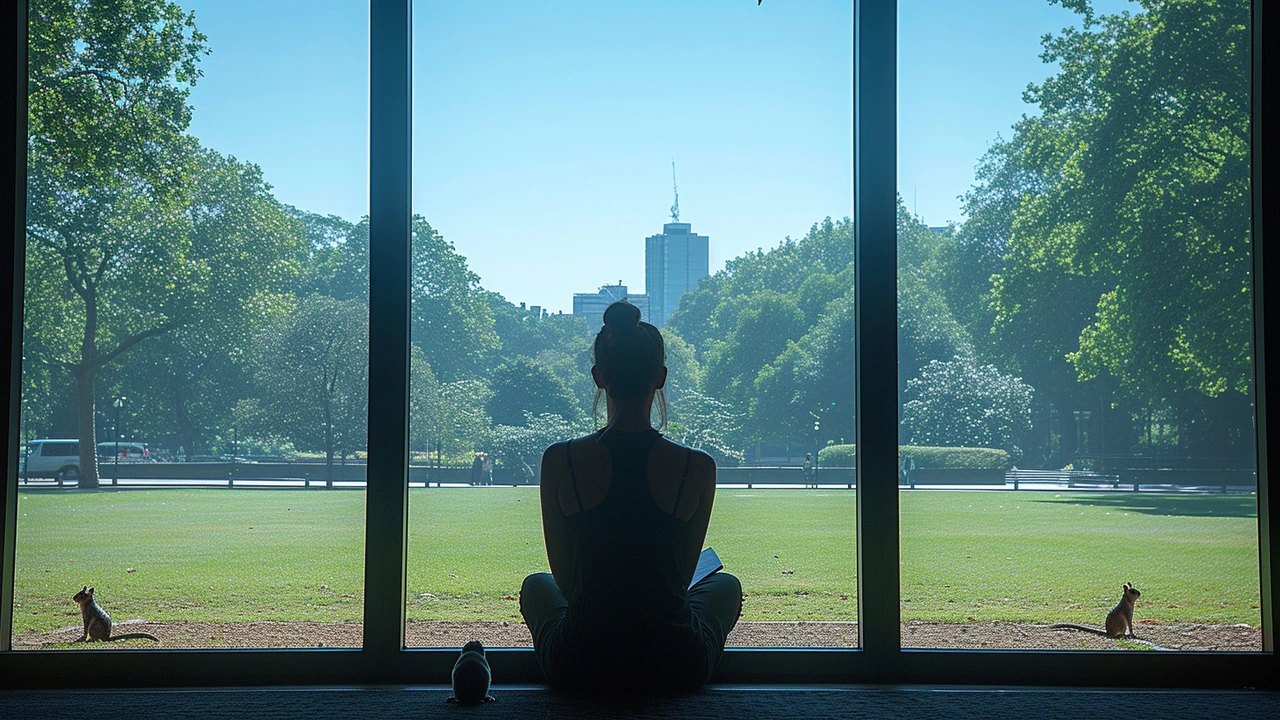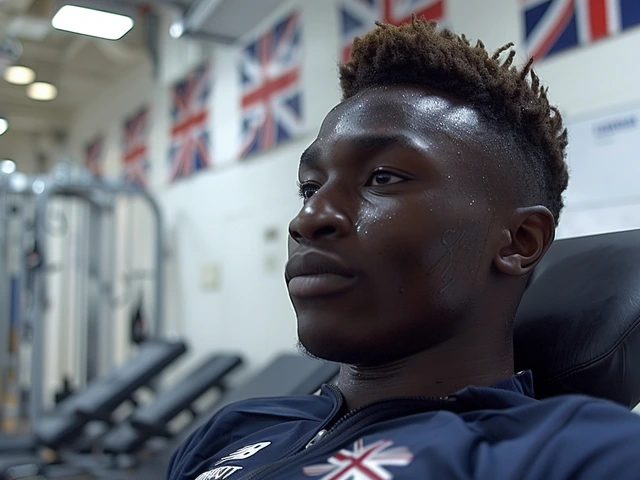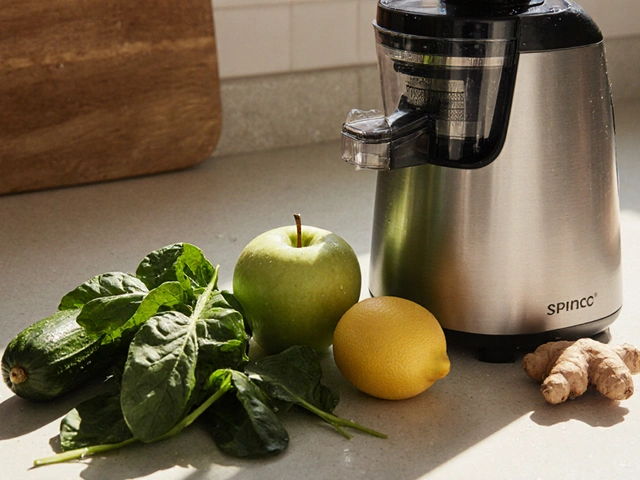Health Anxiety Relief: Practical Steps to Calm Worry Fast
Waking up convinced something is wrong with your body even after checkups? That constant checking, Googling symptoms, and replaying worst-case scenarios is the core of health anxiety. It feels urgent and real, but there are clear, practical ways to push back and reclaim your day.
Start by naming the pattern: are you checking your pulse, searching symptoms, or seeking repeated reassurance? Write down what you do and how long it takes. Tracking one week of behavior gives you a clear target to change—without shame, just facts.
Simple steps you can use now
First, limit your symptom checking and medical searches. Set a short, fixed time each day for health checks or online research—say 10 minutes at 7pm—and stick to it. Use a timer. If the urge strikes outside that window, pause and breathe for 60 seconds before deciding.
Second, use a focused breathing exercise to interrupt panic. Try box breathing: inhale for four, hold four, exhale four, hold four. Do this three times when worry spikes. It lowers heart rate and makes thoughts less urgent so you can think clearer.
Third, test your worries with gentle experiments. If you fear a symptom means serious illness, delay checking it for a day and note what happens. Most fears don’t explode overnight. These small exposures teach your brain that anxiety fades without rushed action.
Fourth, challenge unhelpful thoughts like “I must know right now” or “If I don’t check I’ll miss something.” Ask: What is the evidence for this thought? What would I tell a friend? Replace catastrophizing with clearer questions: “What is the most likely explanation?” and “What can I do later if this persists?”
Build a daily routine that weakens worry
Move attention away from symptoms. Schedule short healthy habits you enjoy—10 minutes of brisk walking, a simple breakfast with protein, or a hobby block where checking is not allowed. Use alarms to protect those blocks. Over time, your brain learns to expect calm pockets instead of continuous searching.
Mindfulness helps, but keep it short and practical. A two-minute body scan noticing sensations without judgment can reduce the urge to act. Apps that guide tiny sessions are fine—pick one and use it daily.
When to get help: if anxiety causes repeated doctor visits, stops you working or socializing, or you can’t control checking despite trying these steps, see a mental health professional. Cognitive-behavioral therapy and brief exposure work very well for health anxiety. Medication can help some people for a period—ask your clinician about options.
Small, consistent changes beat big promises. Limit checking, use breathing breaks, run tiny experiments, and build short routine pockets of calm. Those moves cut the hold anxiety has on you and make life feel manageable again.
Overcoming Health Anxiety: A Journey to Well-Being and Peace of Mind
Hey everyone, it's your friend here, sharing my personal journey on how I'm fighting to break free from the powerful hold of health anxiety. You know, it's that relentless worry about your health that just doesn't let go, even when you're doing alright. I've been on this tough path, trying out different strategies and methods to regain control over my thoughts and my life. I'm telling you, it's been quite the ride! And now, I really want to open up and talk about the insights and the breakthroughs I've had, hoping it could light the way for others who are struggling too. Let's tackle this together, and I promise, we'll get to a place where our health concerns stop controlling us!
View More





